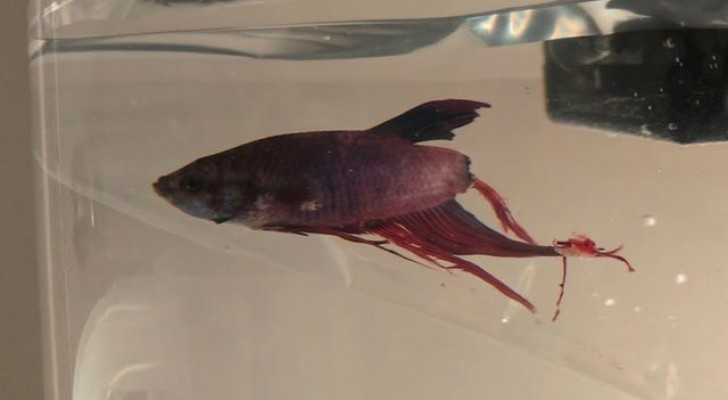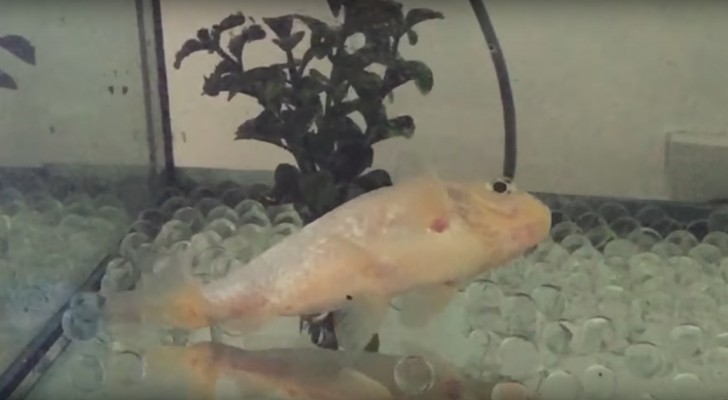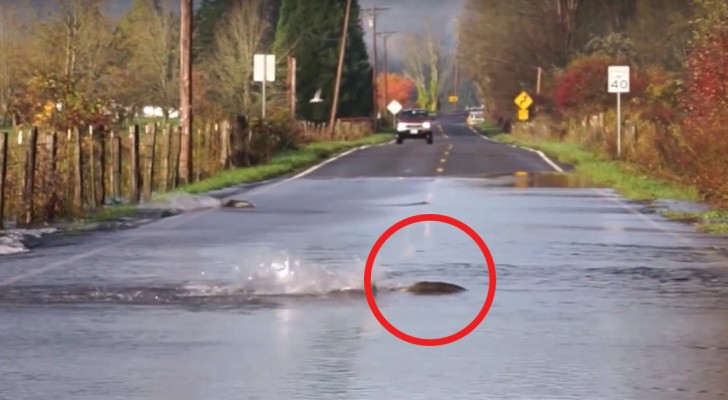Here is why releasing goldfish into the environment can be very dangerous

One of the major threats to the delicate balance of an ecosystem is the introduction of foreign species by humans.
Too often, when we want to get rid of an animal or a plant, we inject them into nature without taking into account the possible consequences.
In this regard, a worrying study conducted on an animal that we are very familiar with was carried out in Australia, namely on goldfish (Carassius auratus) originating in East Asia.
In regards, to goldfish, it has been noted that in these territories, like in many other parts of the globe, these animals are frequently released into rivers or lakes when their owners get tired of taking care of them.
Sometimes owners even say they are released to "offer them a better life", without having the slightest idea of the threat these goldfish can represent.
via murdoch.edu
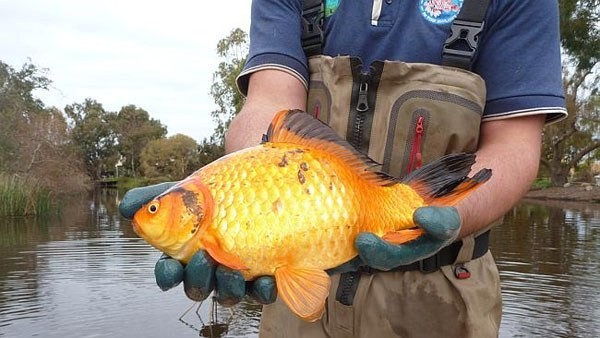
If a goldfish seems to be harmless, poor little thing, while living in a glass fish bowl, in nature it is completely transformed! With a varied nutrition and plenty of space, it can reach notable dimensions (over 8 in. [20 cm]), like fish such as trout or carp.
Furthermore, because it belongs to a non-native species, the other inhabitants of the rivers and lakes are not equipped to handle it. Consequently, the ravenous goldfish devours fish eggs, tadpoles, young fish, and plants, endangering the equilibrium of the food chain of its habitat.
To make matters even worse, there is also its propensity to migrate. In fact, the study found that goldfish in nature can travel even 124 miles (200 km) in one year!
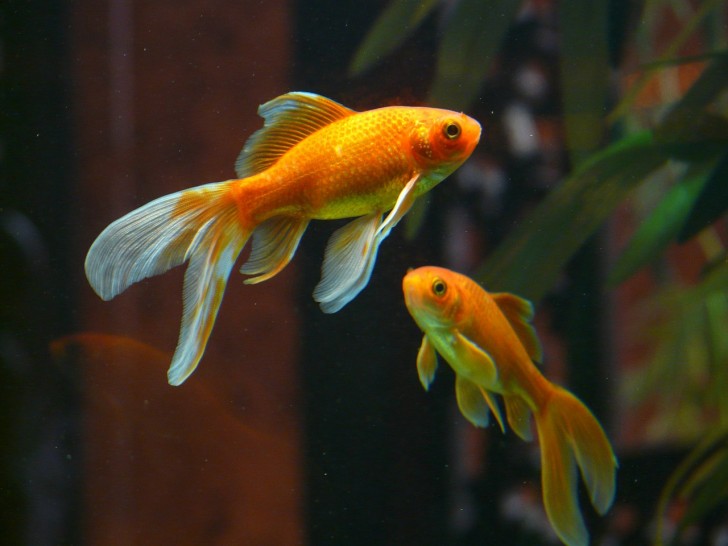
Besides attacking and raiding the environment, a goldfish can also introduce "foreign" viruses and bacteria, against which the indigenous fish have no immune defense. For this reason, even when a goldfish dies, it should never be thrown into the toilet!
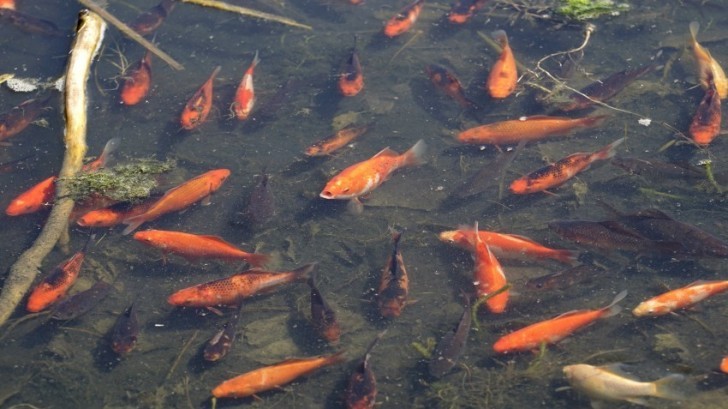
In conclusion, if you have received as a gift or have bought a goldfish and now you do not know what to do with it, look for someone to give it to, put an ad on the Internet or at least try to ask if the store will take it back. Releasing it into the environment is the worse thing you can do!
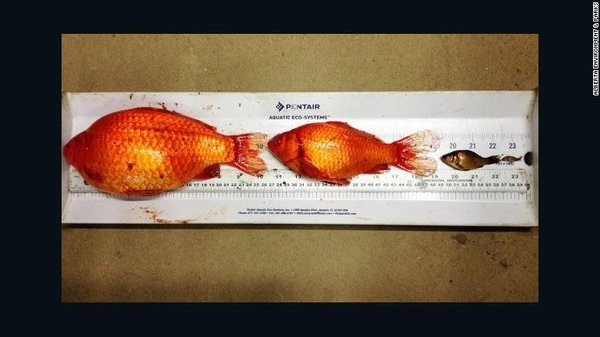
Formulating an environmental culture is not easy, but certainly not impossible. Therefore, share this information and explain (especially to children) that respect for nature is demonstrated by small daily gestures.
